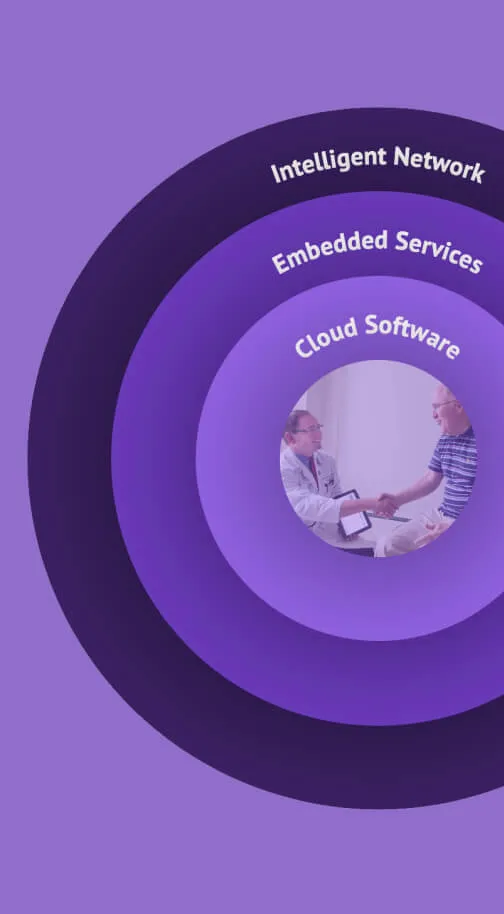Resource Center
All ContentBlogCase StudiesCustomer Success Storiesebooks
- Nele Jessel, MD
- March 25, 2025
- 7 min read
Technology that helps improve patient outcomes and reduce costs.
Expert consulting and support to help improve performance and ROI.
Easily connect to athenaOne and extend its capabilities.
Tailor your athenahealth experience with industry-leading partners.
Enterprise RCM software that maximizes collections with less work.










Learn how AI tools can help improve patient loyalty and outcomes.